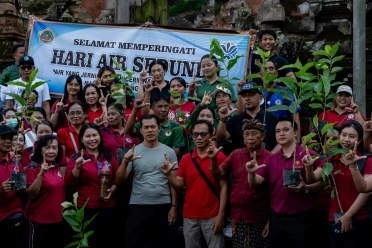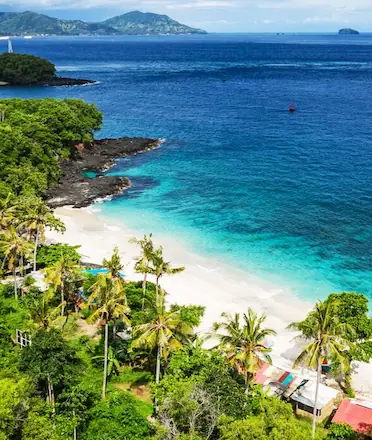Bali is stepping into a new era of coastal protection as the provincial government prepares a set of regional regulations designed to safeguard public access, cultural spaces, and water quality across the island’s beaches. These upcoming legal measures signal a decisive shift as leaders move to rebalance tourism growth with the rights and traditions of Balinese communities.
These upcoming legal measures signal a decisive shift as leaders move to rebalance tourism growth with the rights and traditions of Balinese communities.
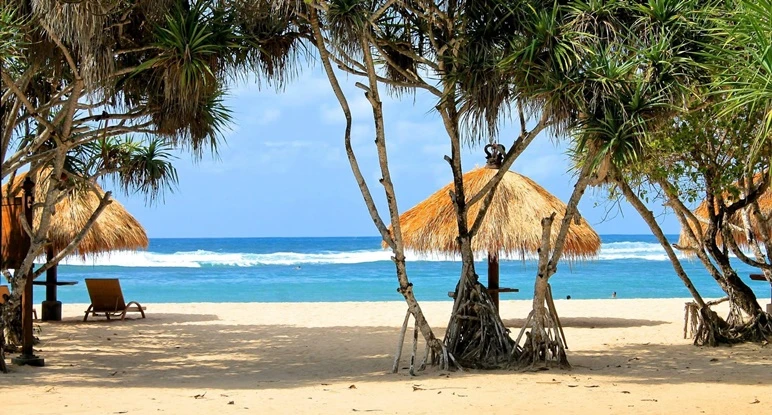
A New Legal Framework for Bali’s Coasts
The provincial government, led by Wayan Koster, is drafting three major regulations that will guide how coastal zones are managed. The most significant is a regulation focused on protecting coastal boundaries and ensuring that public access remains uncompromised. Over the past decade, rapid beachfront development has narrowed pathways to the shore, altered natural landscapes, and created tension between investors and coastal communities.
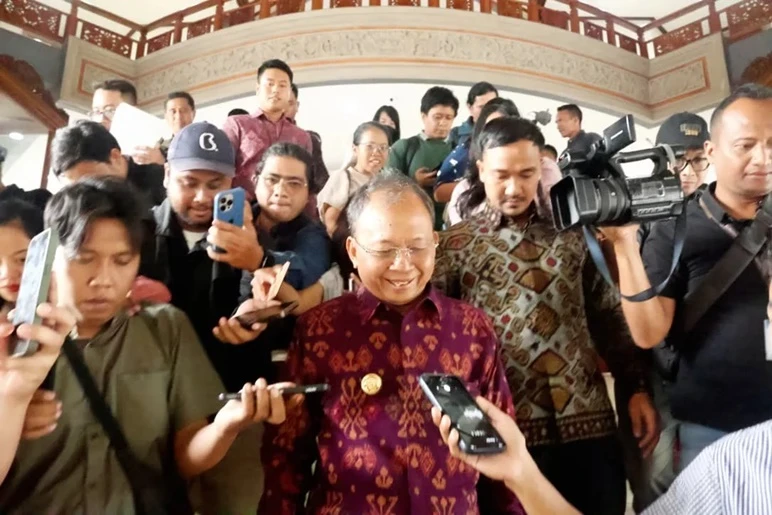
For Balinese Hindus, coastal areas are more than scenic shorelines. These spaces carry spiritual weight and remain integral to ceremonies and ancestral rituals. Growing tourist infrastructure has disrupted these activities at times, prompting concerns about long term cultural erosion.
Water Security and Environmental Recovery
Another core element of the regulatory package is the creation of the Kerta Bhawana Sanjiwani Regional Public Company, a new BUMD dedicated to managing clean water and wastewater. This move aligns with the long standing regional vision of Nangun Sat Kerthi Loka Bali, which prioritizes environmental balance and sustainable resource management.

Water scarcity and declining water quality have been recurring challenges for Bali as visitor numbers increase and certain regions struggle with overdevelopment. A specialized water management body is expected to tighten oversight, improve water infrastructure, and reduce the risks posed by poorly regulated commercial operations.
Scrutiny on Foreign Investment Practices
The new coastal regulations come as Bali strengthens its stance on foreign direct investment compliance. In recent meetings with the Indonesian central government, the province secured support for stricter governance over investor behavior.
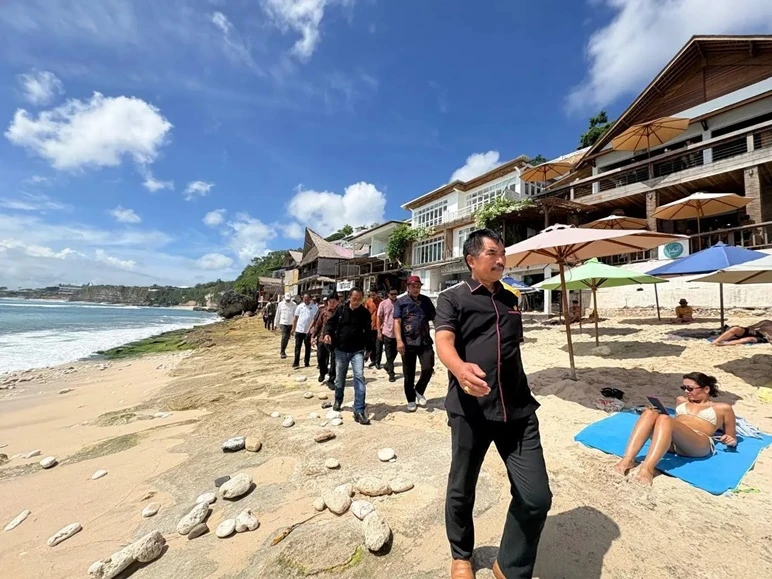
A dedicated licensing services desk within the national Online Single Submission platform will now be tailored specifically for Bali. This change matters because the previous system often fast tracked approvals for large projects without adequate local checks. Several beachfront developments proceeded without ground level assessment, fueling community objections and environmental concerns.
Implication for the Future
These measures present an optimistic outlook for residents who have long argued that the island’s coasts need stronger protection. Public beach access, a cultural lifeline for communities, should benefit from clearer boundaries and stricter enforcement. Environmental restoration may accelerate as wastewater systems and water quality controls become more coordinated. Yet questions remain about how these regulations will shape investment flows. Tourism continues to be a core economic force for Bali, and foreign capital fuels much of its development. With tighter rules, compliant investors may welcome a more orderly, transparent system that weeds out illegal operators. Those seeking shortcuts, however, may find Bali less permissive than before.

The upcoming regulations mark a turning point for Bali as it asserts stronger authority over its natural and cultural assets. The island is choosing to prioritize heritage and environmental integrity even as it remains committed to tourism. If the rollout succeeds, Bali could emerge as a model for coastal destinations searching for a sustainable balance between growth and preservation.



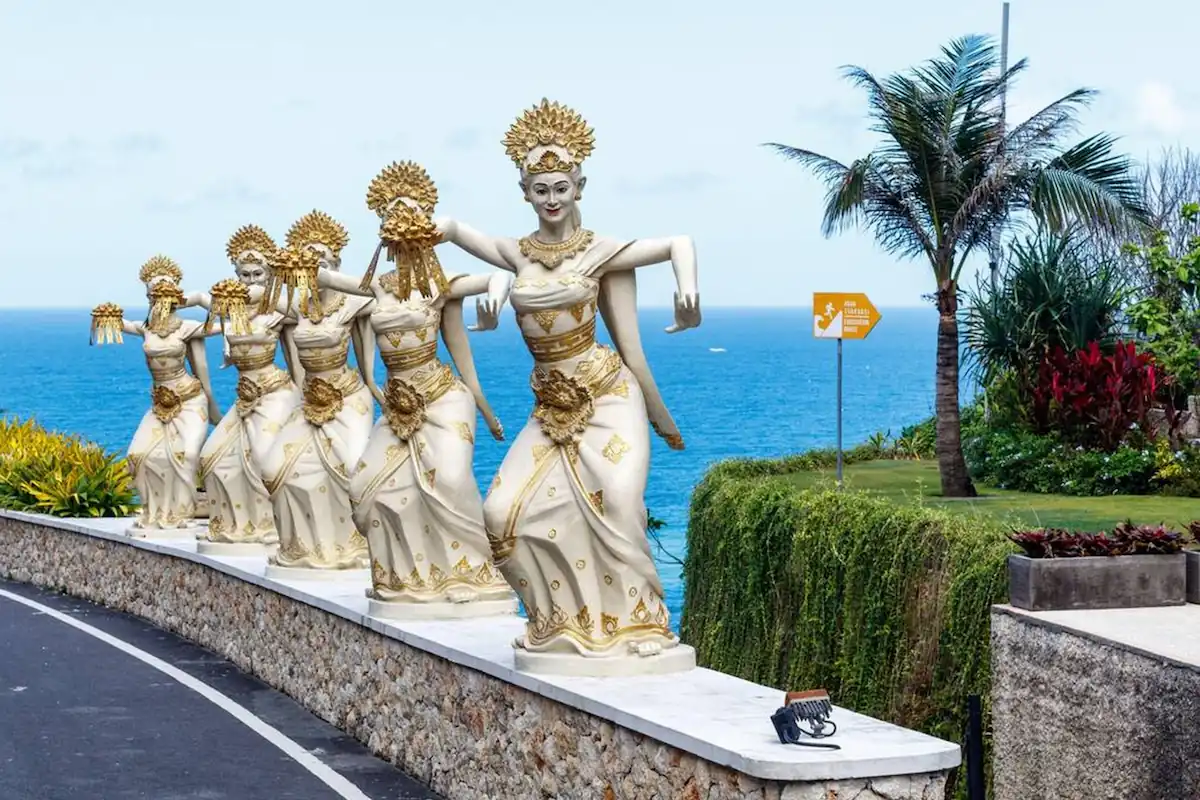
 Billy Bagus
Billy Bagus
 Nov 27, 2025
Nov 27, 2025





